
This event has passed.
35th Annual Meeting ESACT-UK 2025
Event Sponsors

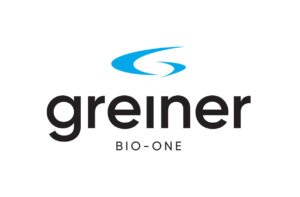


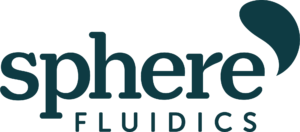



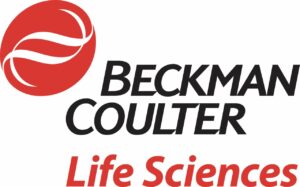
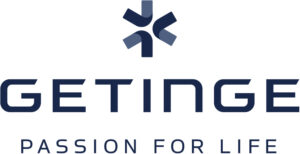
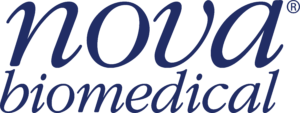
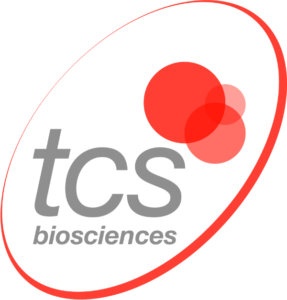
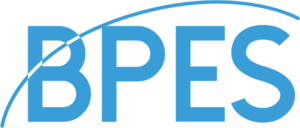



Delegate details released
- Conference Overview
- Early-career Researcher
- Sponsorships
- Delegates
The ESACT-UK 2024 Conference will be held in-person on the 8th and 9th January 2025 in Birmingham, UK. We will have Keynote speakers and multiple talks across sessions covering topics such as Advances in Immunotherapies, Big Data in Bioprocessing and Engineering Biology for Bioprocessing. We will also be showcasing the work of our early career researchers, followed by a panel session focussing on careers and skills. And of course, we will announce the winner of our annual CHRSA. To book your ticket for this event, please go to the ‘Delegates’ tab. Speakers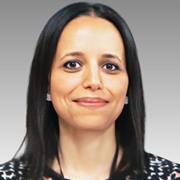 Suzanne Farid Professor of Bioprocess Systems Engineering (UCL) 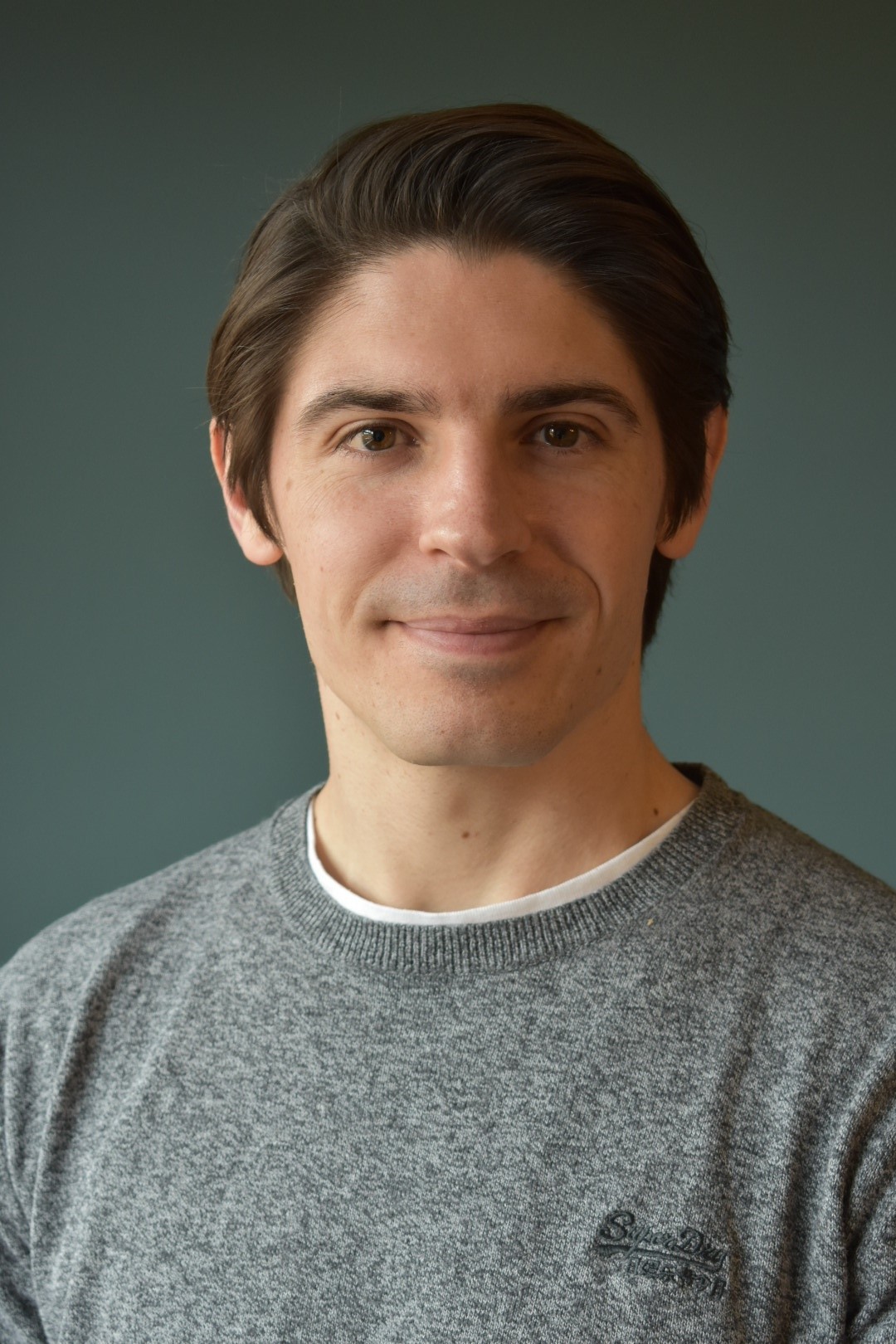 James Budge Postdoctoral Fellow (University of Kent) 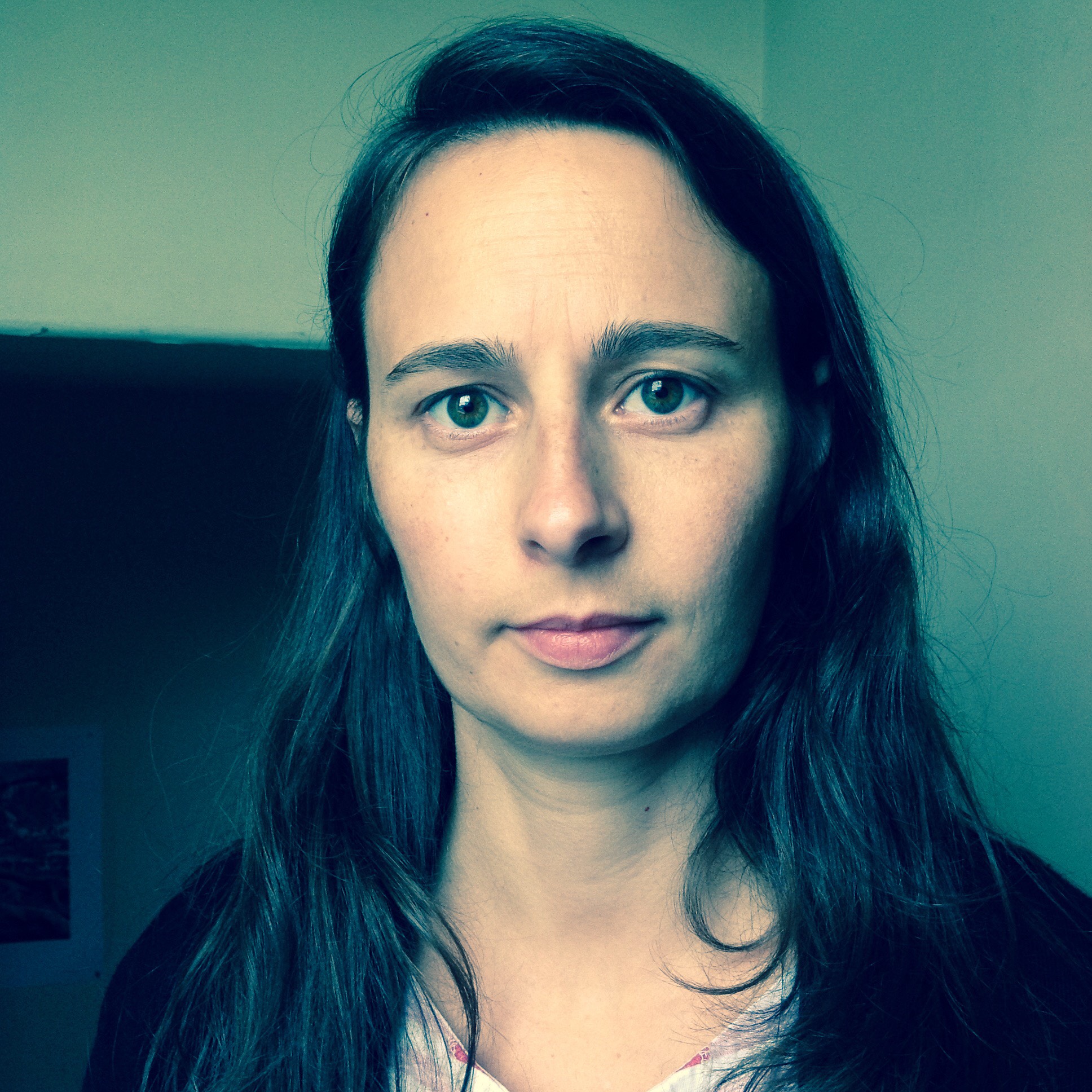 Elise Cachat Lecturer in Synthetic Biology (University of Edinburgh) 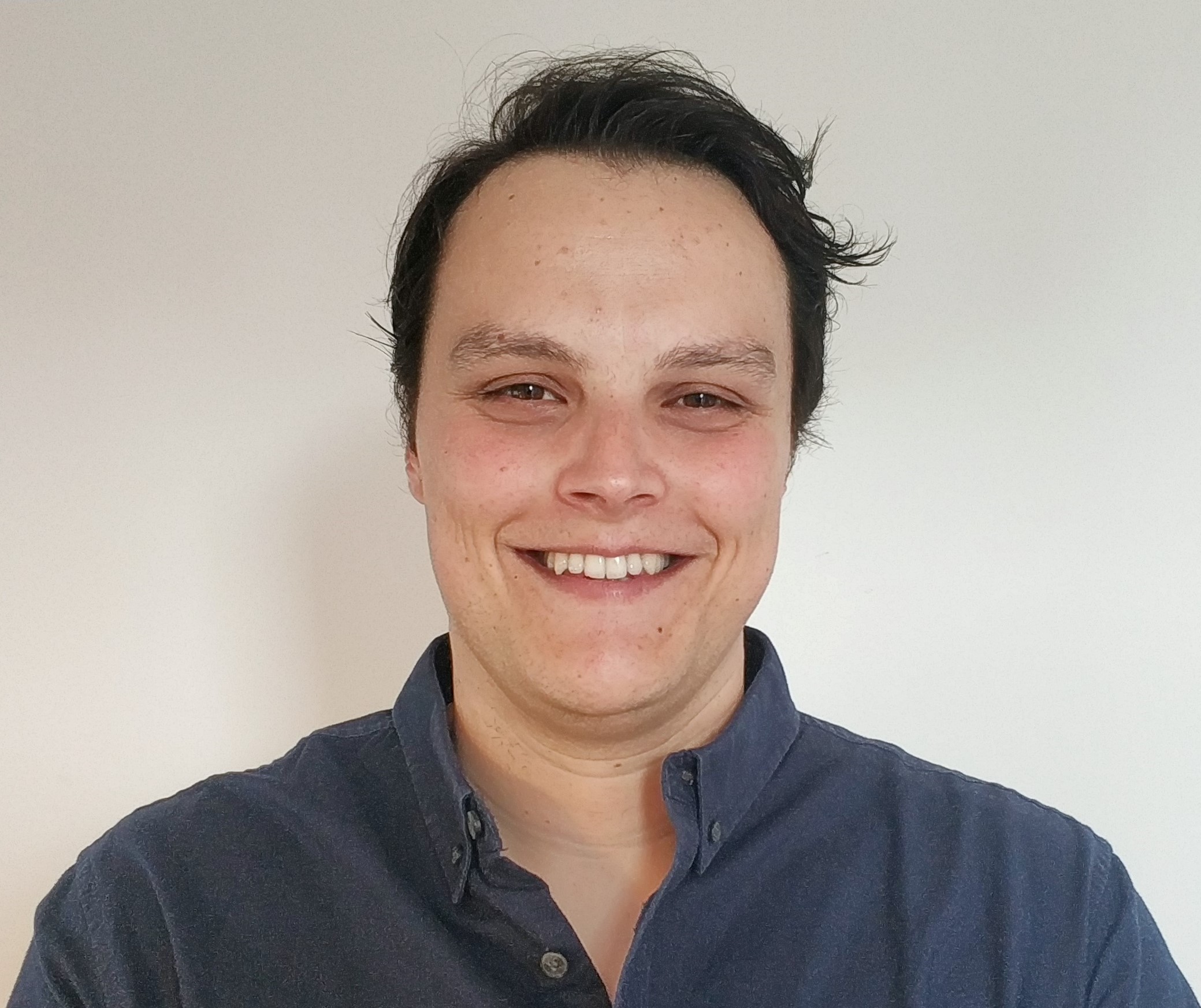 Mario Pereira Director of Technology and Business Development (ATUM Bio) 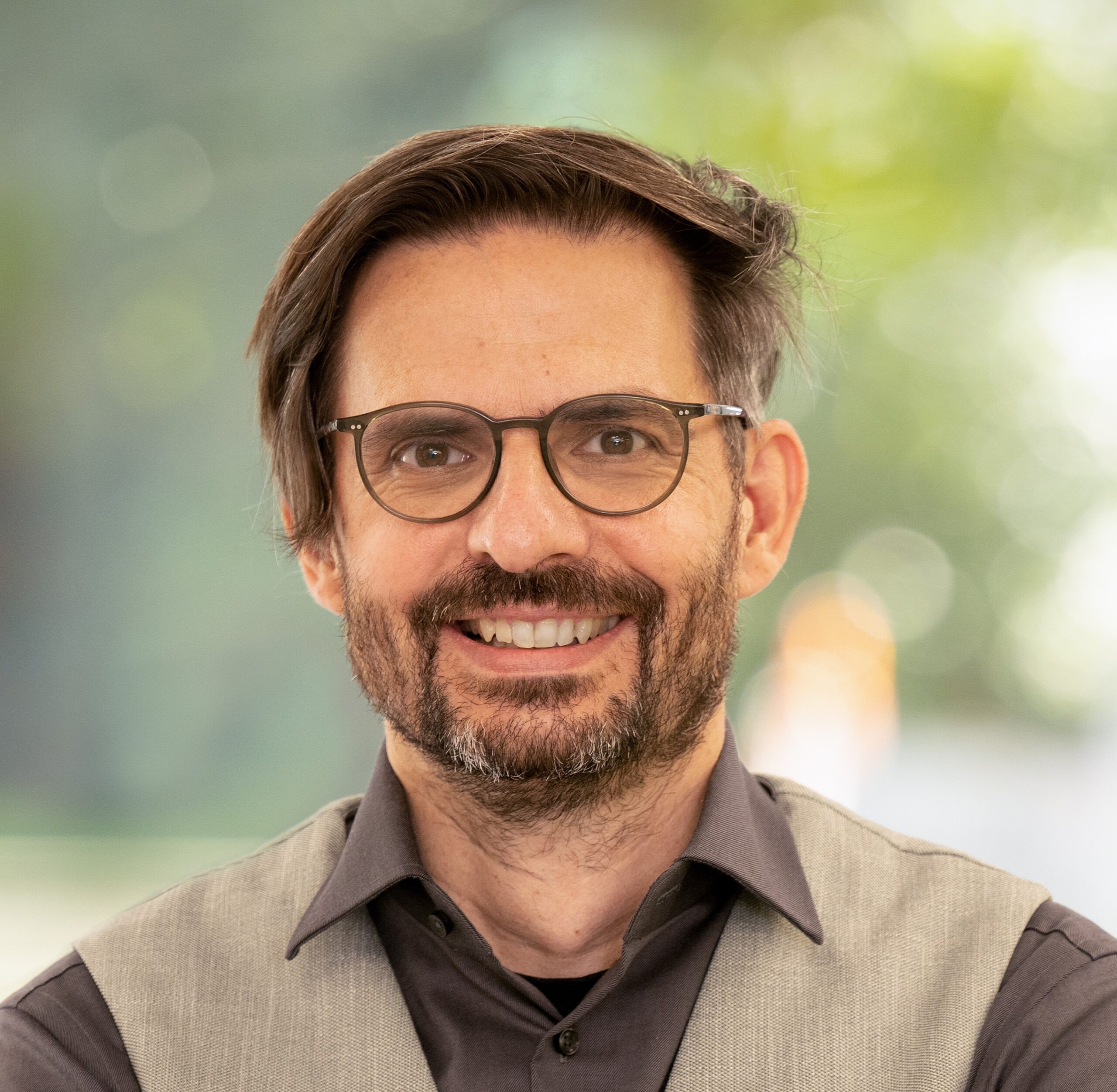 Hanns-Martin Schmidt Founder & Head of R&D (Ningaloo Biosystems) 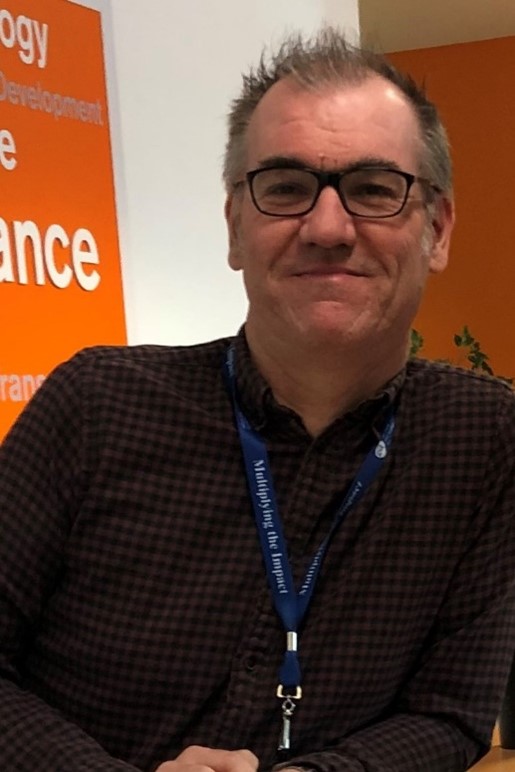 Gary Finka Senior Director, Drug Substance Development (GSK) 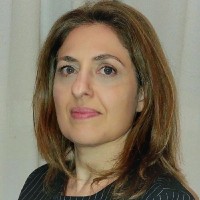 Sarah Fadda Principal Consultant (Siemens) 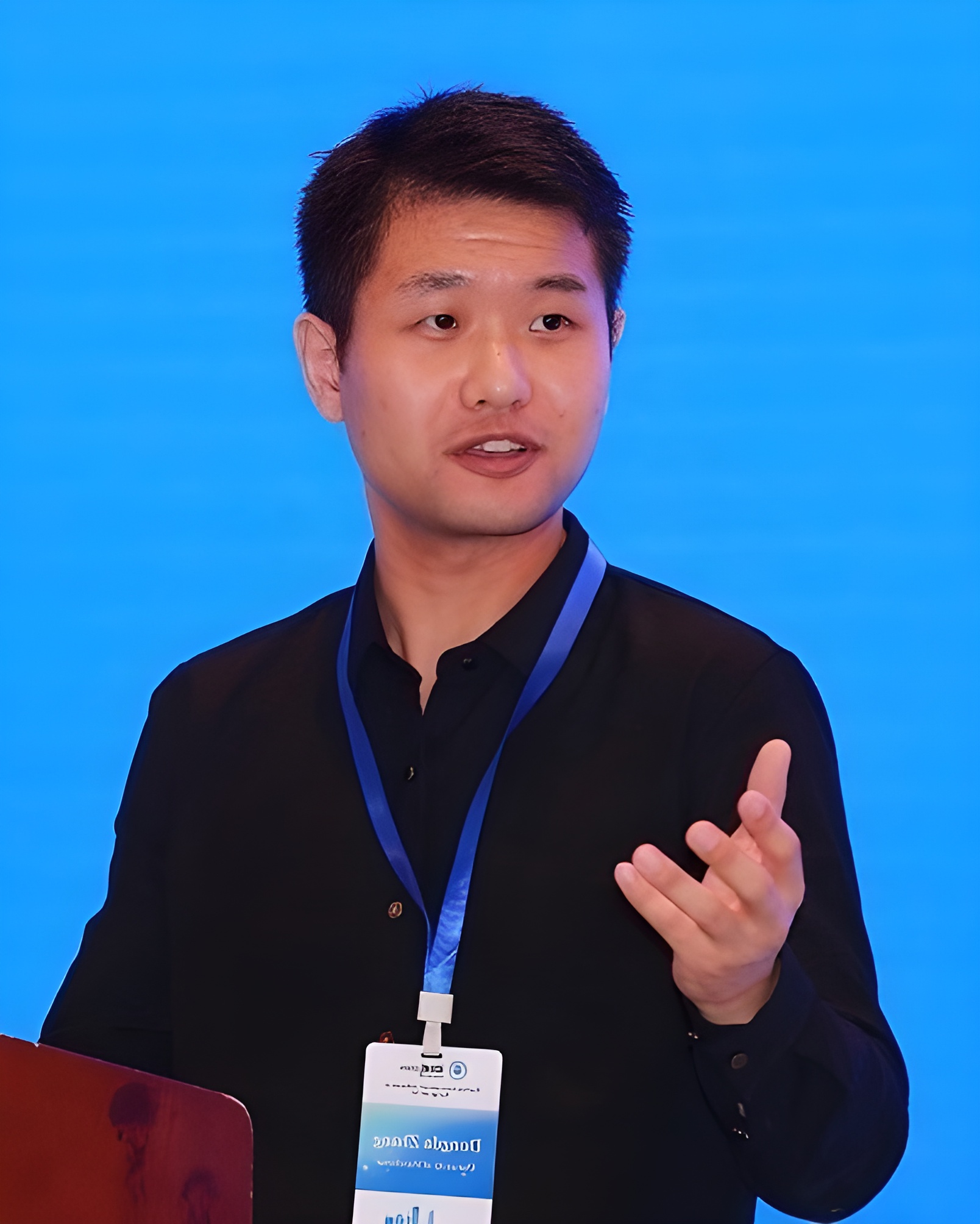 Dongda Zhang Lecturer in Process Systems Engineering and Machine Learning (University of Manchester) 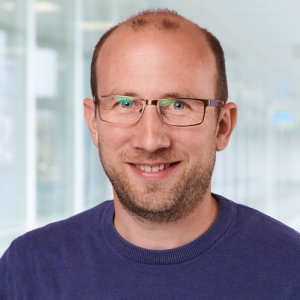 Timo Schmidberger Principal Data Scientist (Sartorius) 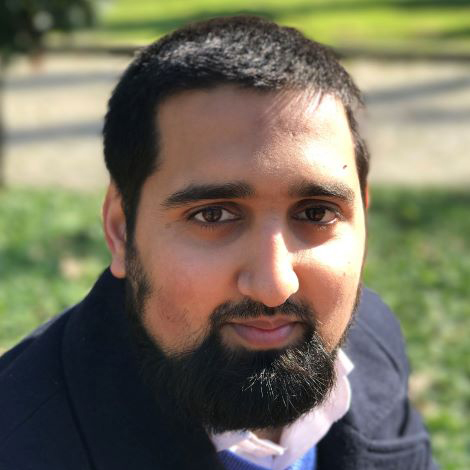 Qasim Rafiq Professor of Bioprocess Engineering (UCL) 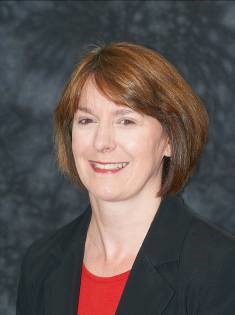 Alison Armstrong Global Head Scientific and Regulatory Consultancy (Merck) 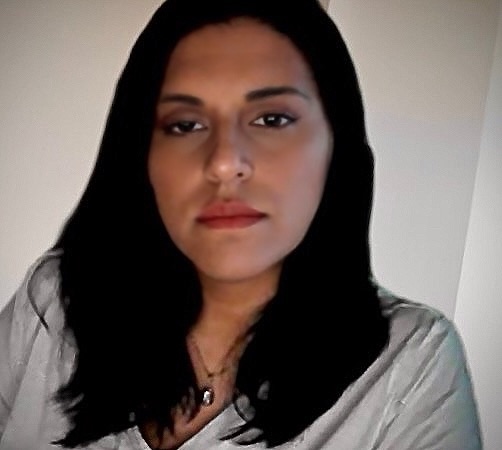 Emma Dave Principal Scientists (UCB Pharma) 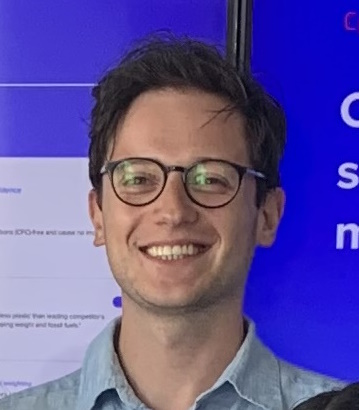 Jamie Caldwell Bioscientist (Cytiva) Dr. Budge attained his Ph.D. in Biochemistry from the School of Biosciences at the University of Kent, United Kingdom. He is currently a Postdoctoral Research Fellow at the University, investigating cellular processes that impact upon production of biotherapeutics. He has long-standing collaborations with industry in the development and commercial application of new technologies in the biotherapeutic industry and his work has so far led to the granting of three international patents. He is also on the committee for ESACT Frontiers focussing on career progression and active engagement of early career researchers. Mario is the Director of Technologies and Business Development at ATUM, bringing over 15 years of combined academic and industrial expertise in recombinant protein expression. He earned his PhD in Biotechnology from the University of Manchester, where he investigated the transcriptional mechanisms that regulate recombinant promoters in CHO cells. Following his doctoral studies, Mario pursued his passion for biotherapeutic manufacturing at FUJIFILM Diosynth Biotechnologies and Horizon Discovery, where he had different scientific and commercial-related roles. Passionate about technology development, Mario is driven by a desire to translate scientific discoveries into impactful technologies. Dr. Dongda Zhang is a Lecturer in Chemical Engineering at the University of Manchester and a Royal Academy of Engineering Industrial Fellow. His group focuses on the development of methodologies and practical applications for industrially focused mathematical modelling and data analytical techniques, aimed at understanding and operating complex chemical and biochemical processes. They are interested in exploring how advanced digital technologies, particularly when integrated through interpretable machine learning and data intelligence techniques, along with rigorous mathematical analysis and physical modelling approaches, can accelerate novel process development, optimisation, and automate industrial process manufacturing. Emma Davé is a principal scientist at UCB, having joined the company in 2005. Her interests lie in Research and Development of antibody therapeutic medicines and she is an integral contributor to the development of novel antibody therapeutic formats. She specialises in molecular biology, antibody expression, protein engineering and bio-fermentation. She is also a seasoned PhD supervisor and currently involved in project management. Emma Davé has published in both peer reviewed scientific journals and is a co-inventor on several UCB patents. Prior to joining UCB, spent 10 years in Academia, specialising in areas of genetics and pathogenesis of infectious diseases. Emma earned her PhD from the University of Sheffield. Dr. Armstrong currently serves as the Head of Scientific and Regulatory Consultancy leading a global team of scientific experts within the Merck BioReliance testing services business. Prior to this role Dr Armstrong held a number of additional positions at Merck BioReliance testing services including operations director, scientific director and Head of Development services. Her academic achievements include PhD in Molecular Virology. Throughout out her academic and commercial career, Dr. Armstrong has been an invited speaker at both national and international conferences and has published more than 40 peer-reviewed papers and editorials. Hanns-Martin Schmidt is a molecular biologist with a longstanding background in biotechnology startups, primarily focusing on research and development. Throughout his career, he has aimed to bridge scientific research with industry needs, emphasizing practical, impactful innovations. He has contributed to several early-stage companies, advancing technologies in areas such as gene transfer, protein expression and analytics. In 2020, during the COVID-19 pandemic, Hanns-Martin co-founded Ningaloo Biosystems GmbH, Germany, to support the development of improved manufacturing processes for next-generation biotherapeutics. In addition to managing the diverse challenges of a startUp, he remains dedicated to R&D efforts that enhance production efficiency and therapeutic quality. Dr Sarah Fadda is a Principal Consultant at Siemens Industry Software and the Solution Owner of upstream bioprocessing model libraries. She holds a degree in Chemical Engineering from the University of Cagliari (2005) and a PhD in Industrial Chemistry and Chemical Engineering from the Polytechnic University of Milan (2009). Before joining Siemens in 2017, she worked as an academic research associate, focusing primarily on modelling heterogeneity in biological applications. At Siemens, she leads the development of the gPROMS bioreactor model libraries and works at facilitating the adoption of mechanistic and hybrid modelling solutions for upstream bioprocessing in process industries. Gary Finka has over 25 years of experience within the Biopharmaceutical industry and currently holds the position of Senior Director, Drug Substance Development at GSK R&D. As part of the CMC Digital Transformation within GSK, Gary leads a Digital Grand Challenge called CMC Next Generation Workspace. This is focused on transforming GSK’s CMC laboratory workspaces and associated ways of working to enable innovative capture and subsequent use, and re-use, of all GSK experimental data to enable innovation and acceleration of the GSK portfolio of medicines and vaccines to patients. Elise Cachat is a group leader in the School of Biological Sciences and deputy director of the Centre for Engineering Biology at the University of Edinburgh. Her research focusses on constructing synthetic cellular tools that can help us tackle challenges relating to our health and well-being. One focus of her lab is to construct synthetic cell-cell communication systems, to better understand how cells in our body interact and communicate with each other. Timo Schmidberger, began his career at Novartis in 2008, specializing in mammalian cell culture process development. Over nine years, he excelled in scaling, process transfer, characterization, and statistical evaluation, eventually leading an in-process control QC laboratory. In this role, he provided analytical support to three production lines. In 2018, Timo joined Sartorius, leveraging his extensive bioprocessing and GMP knowledge. At Sartorius, he is helping our customers with his expertise in data analytics and biopharma to improve their bioprocess development and manufacturing. Qasim Rafiq is a Professor in Bioprocess Engineering at University College London (UCL), Vice Dean (Health) for the UCL Faculty of Engineering Science and is Director of the UCL Institute of Healthcare Engineering. In his role as Director of the UCL Institute of Healthcare Engineering, he coordinates interdisciplinary research activities within healthcare engineering across UCL Engineering, School of Life and Medical Sciences, and the hospitals within the UCL Partners academic health system. Professor Rafiq’s research interests lie in translating novel therapeutic modalities, including cell, gene and nucleic acid therapies. He is a biochemical engineer by training working at the life science, engineering and commercial interfaces with a particular emphasis on multidisciplinary approaches which integrate bioprocessing, molecular biology, digitalisation and automation of advanced therapy manufacture. He currently holds a prestigious EPSRC Fellowship and leads a research portfolio of >£10m as Principal Investigator and leads a dynamic interdisciplinary research group that collaborate internationally with leading academic institutions, industry partners, and leading clinicians. He is both a Chartered Engineer (CEng) and Chartered Scientist (CSci) and sits on multiple scientific and engineering committees including the British Standards Institute Biotechnology Committee and the BioIndustry Association’s Cell and Gene Therapy Advisory Committee. Jamie is a bioscientist who currently works in the Global Sustainability team at Cytiva, where, amongst other things, he heads up sustainable lab ops certifications for Cytiva labs worldwide. Before this he was a downstream processing development scientist of eight years’ experience, where he spearheaded one of Cytiva’s first lab certifications. Jamie has an MSc by Research in Chemistry and BSc in Biochemistry, and independently studies computational biology part-time. | 35th Annual Meeting ESACT-UK 2025Date & Time Location Agenda2025-01-08 09:00 Registration 11:15 Session 1 – Societal impact of bioindustry Session Sponsor Presentation: Sarah Hyde and Zak Murray, Cytiva Keynote speaker 1: Suzanne Farid (UCL) – Shaping the Future of Biotherapeutic Manufacture: Technoeconomic and Sustainability Perspectives Peter Large (Fujifilm) Jamie Caldwell (Cytiva) – Certified Sustainable Lab Operations at Cytiva
13:00 Lunch, posters and trade stands 14:00 Session 2 – Engineering biology in bioprocessing Session Sponsor Presentation: Shehnaz Ahmed, Advanced Instruments Keynote speaker 2: Mario Pereira (ATUM Bio) – From Landing Pads to Transposases to CRISPR: What Have Gene Editing Tools Given to Biomanufacturing, and Where Can They Take Us? James Budge (University of Kent) – Mapping and Manipulating Cellular Processes that Determine Expression from Plasmid DNA Elise Cachat (University of Edinburgh) – Engineering mammalian cells with synthetic receptors Hans Martin-Schmidt (Ningaloo Bio) – Optogenetics as a Novel Approach for Dynamic Control of Biomanufacturing 16:00 Comfort break 16:30 Session 3 – CHRSA prize and Early Career Researchers presentations Session Sponsor Presentation: Fiona Bellot, TCS Biosciences CHRSA WINNER 2024 presentation: Dr Mauro Torres Sebastian (University of Manchester) Oral presentation 1: Stefanos Mylonas (UCL) Oral presentation 2: William Smith (University of Manchester) Oral presentation 3: Luxi Yu (Imperial College London) Poster flash 1: Marta Arrizabalaga Cascallana (UCL) Poster flash 2: Betsy Widdicombe (UCL) Poster flash 3: Vladimir Kalinovskiy (UCL) Poster flash 4: Sandeep Mangrati (UCL) 17:55 AGM 18:00 Posters, trade stands and networking 19:30 Main conference Sponsor Presentation (CYTENA) Main conference Sponsor Presentation – Mike Helme, CYTENA – Delivering Industry-Leading Cell Line Development Automation Solutions for Over 10 Years?
19:35 Dinner ESACT-UK society dinner and after-dinner entertainment 2025-01-09 09:00 Introduction to Day 2 09:10 Session 4 – Big data and AI in bioprocessing Session Sponsor Presentation: Ben Wilkes, Waters Corporation Keynote speaker 3: Gary Finka (GSK) – Disrupting Biopharma CMC (Chemistry, Manufacturing, and Controls) through Digital Innovation Dongda Zhang (University of Manchester) – Integrating data intelligence and physical insights to accelerate bioprocess digital twin construction and knowledge discovery Sarah Fadda (Siemens) – Bioprocess Digital Twins: Common Challenges and Solutions Timo Schmidberger (Sartorius) – Digital Integration: Hardware’s Key Role in AI/ML Advancement 11:00 Comfort break 11:20 Session 5 – Career development workshop Panel Discussion: Championing Inclusion and Diversity in Bioprocessing: Pathways to Leadership and Career Advancement Confirmed panellists:
12:30 Lunch, posters and trade stands 14:00 Session 6 – Advances in immunotherapies Session Sponsor Presentation: Hendrik Schmidt, Scientific Bioprocessing Keynote speaker 4: Qasim Rafiq (UCL) – Process Intensification Strategies for Cell & Gene Therapies Stuart Curbishley (Adthera Bio) – Digital Integration of Manufacturing Operations and Analytics for CGT Emma Dave (UCB Pharma) – TrYbeTM: a multispecific, Fc free, therapeutic antibody format Alison Armstrong (Merck) – Changing landscape of QC testing for emerging therapies
16:00 Prizes and wrap up ESACT-UK Chair – Prof Karen Coopman |
Early career researchers are encouraged to take part in our 35th annual meeting and submit an abstract to present as an oral, poster flash or poster presentation. This year we are looking to maintain the increased proportion of early researchers in the scientific programme, so if you are an early career researcher (within 7 years of completing a BSc) and would like to present your work, please submit a high quality scientific abstract for oral, poster flash or poster using this template and upload this in the ‘Contact Us’ tab addressed to the Secretary. The deadline for abstract submission has now been extended to Friday 8th of November 2024.
The ESACT-UK organising committee will review the applications and select candidates for each presentation type (dependent on the abstract being relevant to cell culture biotechnology, committee decision is final). All successful candidates will be awarded a full or partial bursary to attend the meeting. We therefore ask applicants not to register for the meeting at this time and if successful you will be given details on the bursary and registration separately.
All attending early career researchers will be eligible for the prize for the best presentation (£500 bursary for an event of their choice), best poster (£250 bursary for an event of their choice) and poster flash presentation (£100 bursary for an event of their choice).
The early career researcher must be a member of ESACT-UK. Membership is free to join for students and more details on how to become a member are on our ‘Join us’ page.
For any questions about abstract and bursary applications, please do not hesitate to get in touch via the ‘Contact us’ page and address correspondence to the Secretary.
GOLD Sponsor x 1 – £3000Company to become the official sponsor of the conference.Package includes:
If you wish to submit a poster please send an abstract via our contact page selecting ‘trade’ as the recipient by 30th November 2024 and we ask for the poster to be scientifically based. Please note representatives of the ESACT-UK committee will refuse posters focused on a sales pitch. Please note accommodation is not included in this package.
SILVER Sponsor x 1 – £2250Company to become the official sponsor of the early careers session.Package includes:
Please note accommodation is not included in this package.
BRONZE Sponsor x 3 – £1300Company to become the official sponsor of a session.Package includes:
Please note accommodation is not included in this package.
Exhibitor x 13 – £900Package includes:
Please note accommodation is not included in this package.
Additional exhibitor pass x 25 – £275Package includes the following for one additional exhibitor:
Please note accommodation is not included. |
The ESACT-UK Annual Conference will be held at the Eastside Rooms, Birmingham https://eastsiderooms.com/ on 8th and 9th January 2025. This year, our exciting agenda will cover Advances in Immunotherapies, Big Data in Bioprocessing and Engineering Biology for Bioprocessing. We will also have our panel session with a focus on careers and skills. And of course, we will have our Early Careers Session showcasing work of the Early Career Researchers from the ESACT-UK community. You will find details of our confirmed speakers and invited guests on our event homepage. If you would like to submit a question for the panel discussion, please do so using our ‘Contact Us’ page. The 2025 delegate conference registration includes:
Book your tickets early to take advantage of early bird rates. Due to technical issues with our registrations. ESACT-UK members will receive discounted registration rates (£100 discount for members will be applied at the checkout on provision of the discount code). To receive your unique code and take advantage of this offer, please use the ‘Contact Us’ page and request the code via the Secretary. If you would like to take advantage of a group booking (discounts can be applied), please get in touch via the ‘Contact Us’ page. If you would like to become an ESACT-UK member, or you would like to contact the ESACT-UK committee for any queries related to registration or bursary applications please follow this link. We look forward to welcoming you to our event in January! |
The Eastside Rooms
Birmingham, B7 4BL United Kingdom